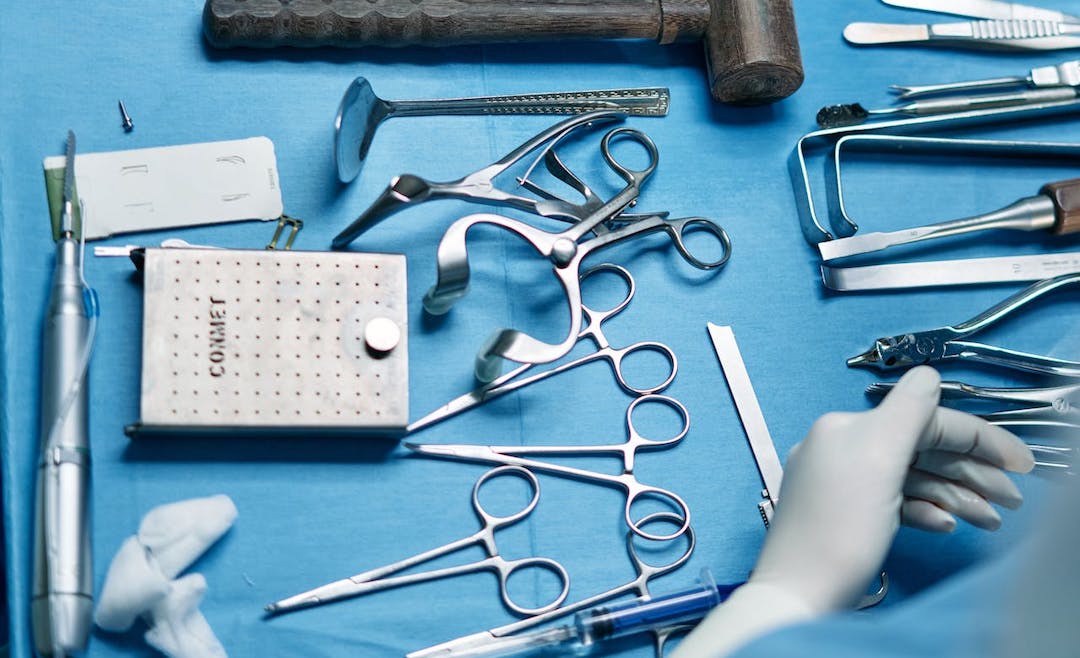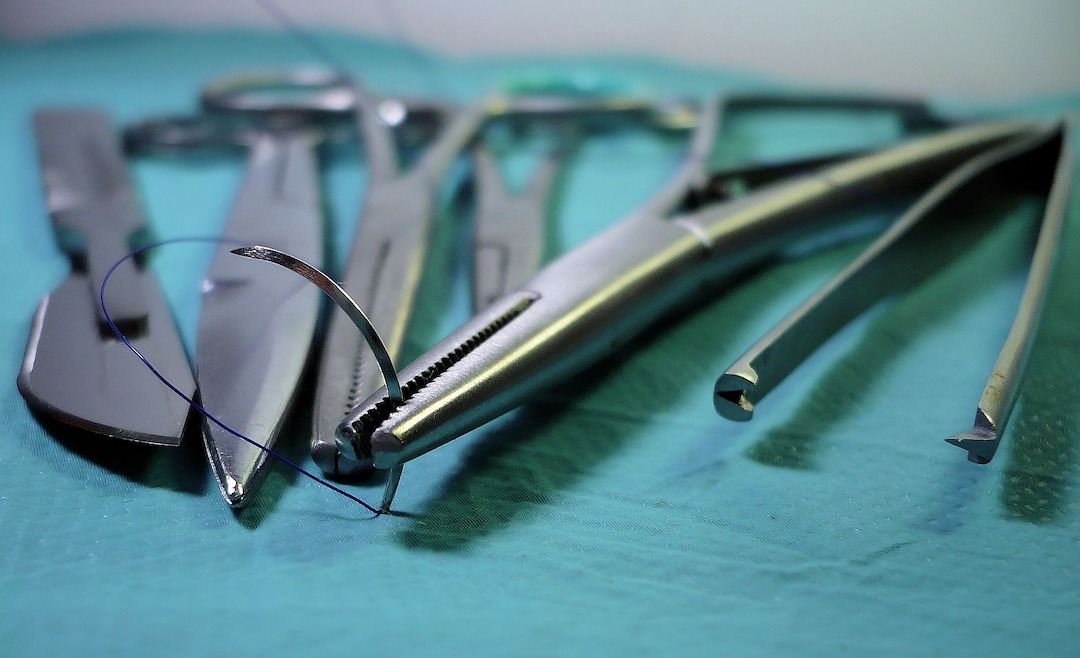Surgical techs are healthcare professionals who assist with surgeries and procedures. They typically work with a physician in the operating room, handling sterile tools, setting up rooms and equipment, and preparing patients for surgery.
Most surgical techs work 8, 10, or 12-hour days and many are required to be available some nights and weekends to assist with emergency surgeries.
This guide goes over a day in the life of a surgical tech is like, including what they do, their hours, and their schedules.
Typical Hours & Work Schedule of a Surgical Tech
Surgical technologists can work a variety of different shifts and schedules. Schedules vary based on work location, type of surgeries performed, and even seniority within the surgical tech team.
The most common full-time schedule for a surgical tech is working four 10-hour shifts during weekdays. Other schedule possibilities include five 8-hour shifts or three 12-hour shifts. Work days for surgical techs usually start early, around 6 am or 7 am.
Surgical techs who work in hospitals are more likely to work 10 or 12-hour shifts, while those working in physician/dentist offices and those with administrative positions are more likely to work 8-hour shifts.
While surgeries and procedures are usually scheduled to happen during the day, surgical techs often have to be on call on nights and weekends in case of emergency. Often, surgical techs spend one weekend a month on call, where they could be called in at any hour for an emergency surgery.
Hours spent home on call are often paid at 10-20% of the employee's hourly rate. If they are called in, a surgical tech may be paid up to 200% of their hourly rate during the time they’re working.
A Day in the Life of a Surgical Tech: Sample Schedule
Surgical techs have fulfilling jobs where they help keep patients safe and have many opportunities for learning. They spend most of their time on their feet and stay busy during their shift.
Here’s a look at what a day in the life of a surgical tech might look like:
- 6:30 am – 6:45 am: Arrive at the hospital and clock in. Change from street clothes to surgical scrubs.
- 6:45 am – 7:00 am: Check the surgery schedule to review which patients, surgeons, anesthesiologists, and other team members will need assistance that day.
- 7:00 am – 7:30 am: Prepare the surgical suite for the first case of the day. Gather supplies, set up the sterile field, and arrange the room based on the type of surgery and surgeon preferences.
- 7:30 am – 11:00 am: Assist with the first surgeries of the day. Complex surgeries may last several hours, while minor procedures may take less than 30 minutes. Surgical techs spend most of this time handing surgical instruments to the surgeon, holding suction, positioning the patient, and dealing with sterile equipment. Here an idea of how long different surgeries take, on average:some text
- 11:00 am – 12:00 pm: Break for lunch. There is usually no scheduled lunch break for healthcare workers since so many things about the day are unpredictable. A day with easy cases that all go smoothly may allow the surgical tech to take an hour or more for lunch, while a day with long cases and complications may mean that the healthcare tech does not take a break at all. Usually, surgical techs who work in larger hospitals performing complex surgeries have a larger team, and employees can work together to make sure everyone gets a break.
- 12:00 pm – 4:00 pm: Continue assisting with surgeries as described above.
- 4:00 pm – 5:00 pm: Ensure that all surgical tools have been sterilized and reorganized, clean the surgical suite, and complete any necessary documentation. Some surgical techs may also have to make phone calls to remind patients of their upcoming surgeries or make sure that the operating room schedule is organized for the following day.
- 5:00 pm: Change, clock out, and head home for the day.
>> Learn More: Pros & Cons of Becoming a Surgical Tech
What You Wear as a Surgical Tech
Most hospitals require surgical techs to change into surgical scrubs when they arrive at the hospital. You will arrive in your regular clothes, and the surgical center should provide you with scrubs to change into.
Wearing specific surgical scrubs helps keep patients safe by preventing bacteria and viruses from being carried into the healthcare area on your clothes and shoes. Leaving the scrubs at the hospital also keeps you safe from bringing home any bacteria from the hospital.
In addition to a scrub top and bottoms, surgical techs are required to wear surgical caps, masks, gloves, goggles, and shoe covers. This personal protective equipment keeps patients safe from any illness brought in by the surgical tech and keeps the surgical tech safe from coming into contact with blood, body fluids, or illnesses brought in by the patient.
Learn More About a Surgical Tech Career
Here are some of our other guides related to working as a surgical tech:




.svg)












